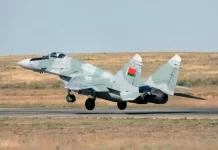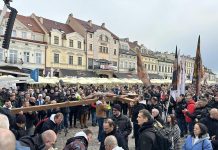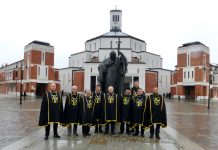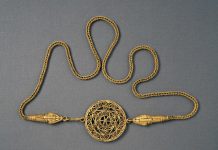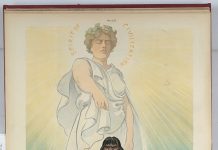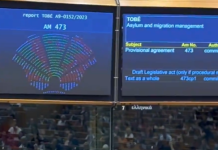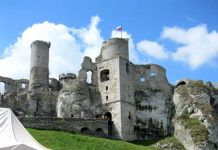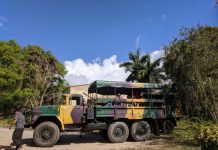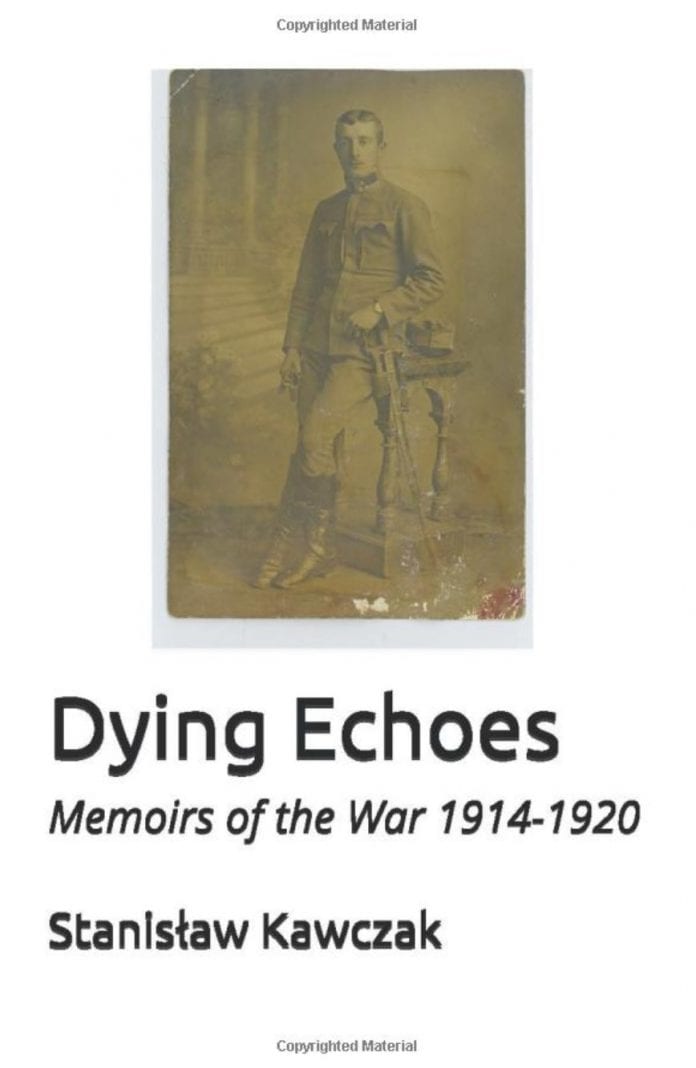Publisher : Independently published (Nov. 5 2019)
Dying Echoes: Memoirs of the War 1914-1920 by Stanisław Kawczak was first published in Poland in 1936 (Milknące Echa: Wspomnienia z Wojny 1914-1920).
It tells the story and experiences of a young Polish conscript in the Austrian army who fought during WWI wearing the Austrian uniform against the Russian army on the Eastern Front and the Italian army on the Southern Front.
Kawczak began his military career as a corporal, and was promoted to officer cadet, lieutenant, and finally captain.
From the beginning of the war his heart was in the struggle for Polish independence and the defeat of the three occupying powers (Germany, Austria and Russia) which had partitioned Poland since the 1790s.
Kawczak was among the founding members of a secret organization among Polish officers known as “Freedom” (Wolność).
At the end of WWI the empires of the three occupying powers collapsed while the Polish State was reborn. It immediately faced hostilities and border disputes with neighboring countries.
Kawczak describes his experiences fighting against the Ukrainians, Czechs and Russians. The narrative is vivid and gives the reader an image of the life of a soldier on the march and in the trenches, as well as an account of the political debates about national interests during the “Great War”. This book is considered in Polish literature among the best of the WWI memoirs and an authentic historical account of the plight of Polish soldiers in the Austrian army and nascent Polish forces. This is the first English translation, with introductions by Stanisław Kawczak’s son and grandson.These memoirs will be of special interest to students of Polish history and the complexities of nationalist conflicts during and after WWI.
https://www.poloniainstitute.net/recommended/book-reviews/dying-echoes-memoirs-of-the-war-1914-1920/
https://ampoleagle.com/resounding-praise-for-dying-echoes-p14238-222.htm
POLISH AMERICAN JOURNAL
November 2020 -1 Vol. 109, No. 9. Page 6.
A first-hand Polish account of All Chaos on World War I’s Eastern Front
Reviewed by Mark Dillon
DYING ECHOES: Memoirs of the War 1914-1920
by Stanislaw Kawczak
English translation, introduction by Andrew Kavchak
ISBN-13:9781705880210
The passing of many 100-year anniversaries has generated excellent histories and documentaries about the Eastern Front of World War I and Polish-Soviet War. From the mustering of conscripted troops for Kaiser, Emperor and Czar to the Miracle of the Vistula, the top-down story and all its nuances are chronicled in multiple ways.
Dying Echoes: Memoirs of the War 1914-1920 offers a different, ground-view window into that period, as it is the personal account of Stanisław Kawczak, a Pole from Nowy Sącz serving in the 20th Infantry Regiment of the Austrian Hungarian Army and in the Polish Army in what is now Ukraine after Polish independence in 1918.
Kawczak’s grandson Andrew Kavchak of Toronto has published in English a work first published in Poland in 1936 (Milknące Echa: Wspomnienia z Wojny 1914-1920) that, at the time, was considered one of the best memoirs of its kind, perhaps with a similar impact in Poland that All Quiet on the Western Front had when first published in Germany in 1929. Unlike Erich Remanque’s novel or The Good Soldier Svejk: and His Fortunes in the World War, written by Czech anarchist Jaroslav Hasek, Dying Echoes,is not a work of fiction with an anti-war agenda. Rather it is vivid chronicle that richly conveys Poles’ mixed emotions, conflicting loyalties and day-to-day battlefield hardships in the unvarnished language of the time.
As such it offers a third or fourth generation Polish American the opportunity to learn what happened to the generation their 19th century ancestors left behind in partitioned Poland, in their own words. One marches with the men in their footsteps carrying 65 lb packs, weeps with Polish and Ukrainian women as the dead are taken away in horse-drawn carts and villages are burned. A bit of personal disclosure: brothers and cousins of my grandfather served in the same 20th Infantry regiment.
Kawczak, who rose from the ranks from corporal to captain, was among the founding members of a secret group of Polish officers known as Freedom (Wolność). On October 31, 1918, two weeks before the end of the war, he led a bloodless coup to take control of Nowy Sącz for Poland from the Austrian-Hungarian military. His regiment had the unenviable task of facing hostilities and border disputes with neighboring countries for two more years. Kawczak describes his experiences fighting Ukrainian nationalists, Czech invaders in early 1919 and Bolshevik Russians in 1920.
Dying Echoes also depicts Kawczak unit’s engagement in the Italian campaign. In a sense it is the other side of Hemingway’s 1929 novel Farewell to Arms. Like Hemingway, Kawczak’s prose is rich in graphic, journalistic-quality detail and description, giving a reader a full sense of slogging through the mud and icy cold rain, the terror that comes with battle and the fog of war and its brutal aftermath.
There is, however, one important difference between the Western literary view of the Great War and this Polish perspective. Rather than Hemingway’s soul-searching, self-absorbed “Lost Generation,” for men like Kawczak the end of partitioned rule in Poland and victory over the Bolsheviks initiated a period of national rebirth and renewed confidence. In the 1920s, Stanislaw Kawczak earned a law degree from Jagiellonian University and was actively involved in building the Second Polish Republic.
However, the Renaissance was not to last. In September 1939, as Poland was invaded by her two evil neighbors – Nazi Germany and the Soviet Union. Kawczak again reported for duty with the Polish Army. During the conflict, he was taken prisoner by the Russians and became one of the 22,000 soldiers and civilians murdered at Katyn in the spring of 1940.
Kawczak’s book, banned in Poland during the Communist era, was reprinted in Polish in 1991. In 2003, translator Marta Brzeski produced a finished work in English that Kawczak’s grandson published in Canada last November and is now available in the U.S.
Dying Echoes is available at Amazon.com in paperback, and on Kindle



